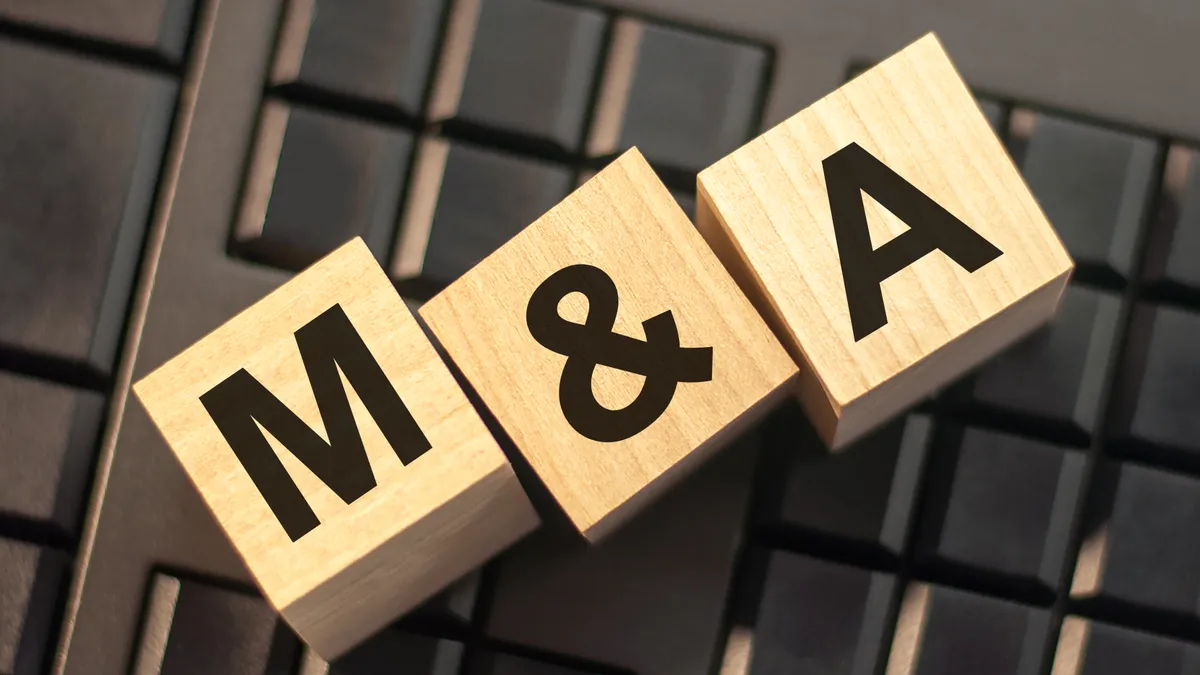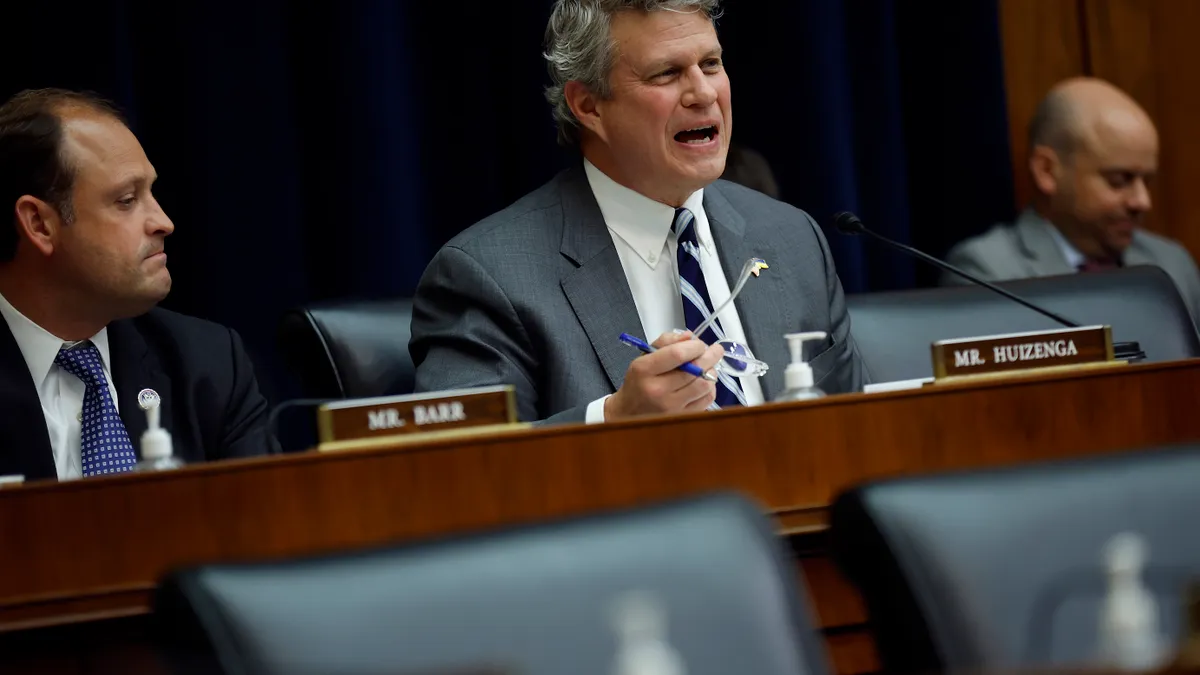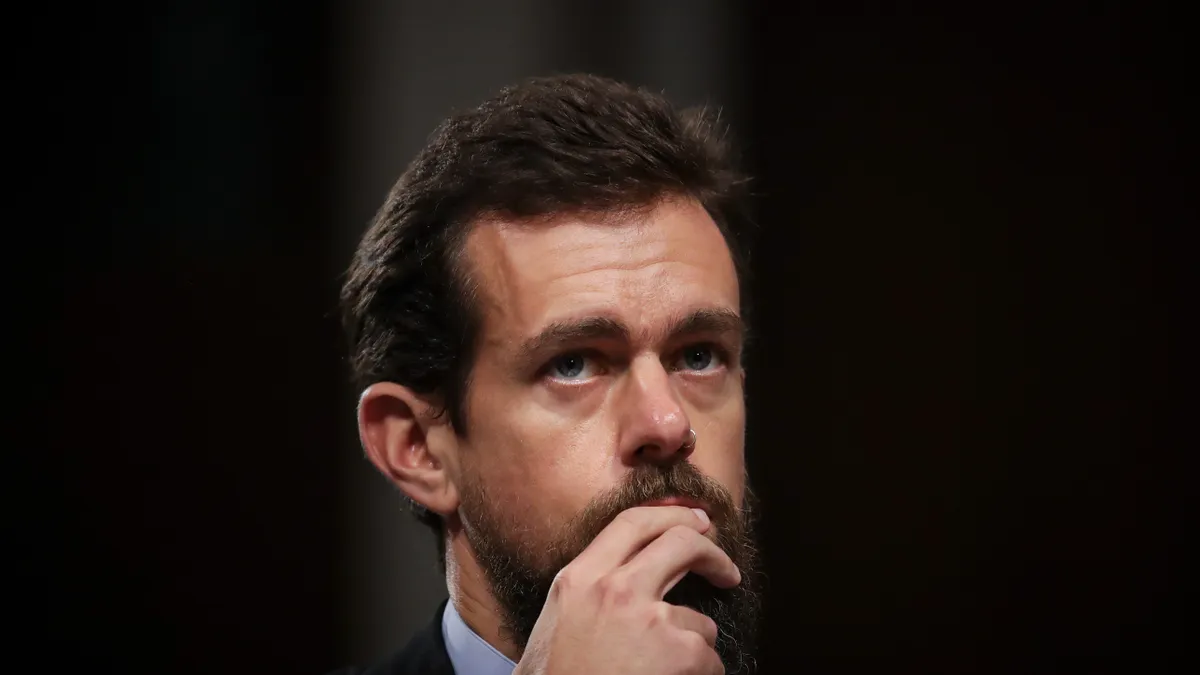Acquisition activity in the payments arena has picked up in recent weeks and that may spur more deals in a challenging economic environment that has weighed on the stock market.
Global Payments announced its plan this month to buy Evo Payments for $4 billion and to sell NetSpend for $1 billion. Also, Plastiq agreed to be absorbed in a $480 million sale to a special purpose acquisition corporation. In addition, FleetCor agreed to purchase the software company Accrualify. Also, business-to-business company Paystand said it would acquire Mexico-based Yaydoo.
All of those deals show companies are back on the prowl in payments in August after a lull in July. The unpredictable economic climate, with higher inflation and interest rates, is changing the outlook for companies. The environment has squeezed the profit margins of some companies, including digital pioneer PayPal and processor giant Fiserv. It has also played a role in undercutting last year’s high-flying corporate valuations.
Buying companies may be one way to offset the threat of reduced growth, said Zach Spellman, a project manager at the payments industry consulting firm The Strawhecker Group. “Acquisitions are a way to help achieve those greater growth rates,” he said.
Activity in the first half of the year was about on par with last year, but then there was a lull in July before the buying ramped up this month, Spellman said. For the first half of the year, there have been about 66 deals in the industry, compared to 59 in the first half of 2021, according to TSG. Ultimately, Spellman expects 2022 totals might be about the same as last year.
The industry racked up 127 transactions worth $76.6 billion last year, according to TSG’s count. That’s a record number of deals by its tally, inching past the 125 deal count last year, though not more than the $169.4 billion value record set in 2019. In a different tally for the payments industry, the research firm Dealogic logged 173 deals worldwide last year valued at $53.51 billion.
Spellman noted that his TSG count for this year only includes the merchant-acquiring side of the payments and fintech sphere.
Still, Spellman suspects the surge may continue. For instance, the Global Payments purchase of Evo “might spark interest” among other big payments processors to consider of their own acquisitions.
Bigger payments deals announced in the first half of the year included Chicago private equity firm Madison Dearborn’s $1.8 billion plan to buy money transfer company Moneygram and digital payments company Shift4’s $525 million purchase of Finaro.
Lower valuations may be attracting buyers too. As the Standard & Poor’s 500 Index swooned 14% over the past year it has carried the value of many private payments companies, such as digital darling Stripe, lower too.
While it wasn’t an acquisition, the $2 billion investment by the big investment company Elliott Investment Management in PayPal was another noteworthy deal. With PayPal’s stock down 66% over the past year, it was an attractive payments target.
With Elliott now taking a hand in PayPal management, the investment has revived prior talk of a combination between PayPal and the social media site Pinterest. That’s because Elliott, an activist investor with $55.7 billion under management, also disclosed this month that it is the largest investor in Pinterest.
Asked to comment on that possibility, a PayPal spokesperson pointed to CEO Dan Schulman’s comments on the topic earlier this month when the company reported second-quarter earnings results. “There are rumors around this Pinterest thing,” Schulman said. “I just want to put an end to those rumors. There is no substance to that whatsoever.”
Like Spellman, the ratings agency Fitch Ratings expects there will be more deal-making to come for the payments industry this year. In commenting on the Global Payments transaction in a report this month, the credit ratings firm forecast more of it.
“The payments industry was very active with M&A in recent years, and Fitch expects this trend will continue in the future,” the ratings agency said in the Aug. 8 report, noting “the space has remained active since with both small and large transactions.”



















